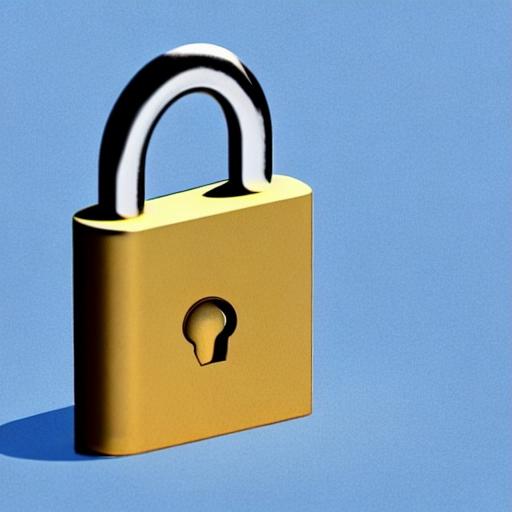
In today’s digital age, having a secure website is no longer just a good idea, it’s a necessity. As more and more businesses move online, website security has become a top priority. However, while many website owners focus on protecting their site from hackers and malware, they often overlook the impact website security can have on their search engine optimization (SEO) efforts.

Website security and SEO are closely intertwined. A secure website not only protects your valuable data and your visitors’ information but also plays a crucial role in improving your search engine rankings. Search engines like Google prioritize websites that are secure, and penalize those that are vulnerable to attacks. Here’s how website security affects your SEO and what you can do to safeguard your online presence:
1. Trust and Credibility: A secure website instills trust and credibility among your visitors. When people feel safe browsing your site, they are more likely to engage with your content, make purchases, and share your website with others. This increased trust can lead to better user experiences, longer dwell times, and more repeat visits – all of which are positive signals for SEO.
2. Site Speed and Performance: Website security measures can significantly impact your site’s speed and performance. Security features such as firewalls, SSL certificates, and caching systems not only protect your site but also optimize its loading time. Search engines consider fast-loading websites as a positive user experience factor, which can improve your rankings. Additionally, slow-loading websites may be flagged as potentially compromised, leading to lower search rankings.
3. Avoiding Penalties: Search engines scan websites for security vulnerabilities and penalize those that pose a risk to their users. If your website is compromised and flagged as malicious, it can be removed from search engine results entirely. Recovering from such penalties can be challenging and can significantly impact your organic traffic and brand reputation. By proactively securing your website, you can avoid potential penalties and maintain your online visibility.
4. Backlink Opportunities: Secure websites are more likely to attract high-quality backlinks from reputable sources. Other websites are hesitant to link to insecure sites, as it can compromise their own credibility. Building a strong backlink profile is vital for SEO, and a secure website increases your chances of attracting authoritative links that can positively impact your search rankings.
5. Mobile Optimization: Mobile optimization is crucial for SEO success, considering the rise in mobile device usage. A secure website is more likely to be mobile-friendly and optimized for a smooth user experience across different platforms. Mobile optimization is an important ranking factor, and a secure site can help ensure that your website is accessible and user-friendly for mobile users.
To protect your website and optimize your SEO efforts, it’s important to implement robust security measures. Secure your website with an SSL certificate, regularly update your software and plugins, use strong passwords, and regularly back up your website data. Additionally, consider investing in a website security solution that offers advanced protection against malware, hacking attempts, and other online threats.
Don’t overlook the importance of website security for SEO. By prioritizing the security of your online presence, you not only safeguard your valuable data but also improve your search engine rankings, build trust, and create a positive user experience – all of which are vital for a successful online business.
Don’t forget to take advantage of our no cost 50 point SEO audit training to ensure your website is optimized for search engines.








